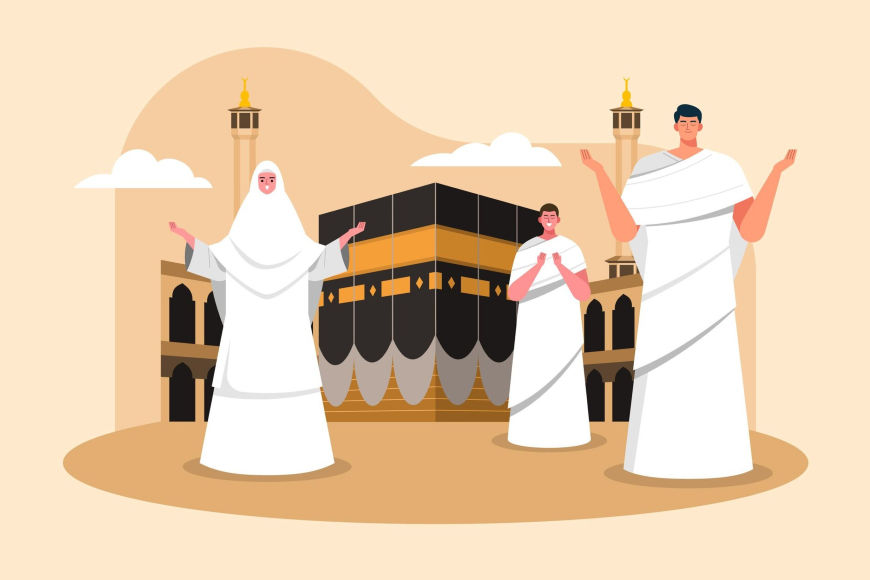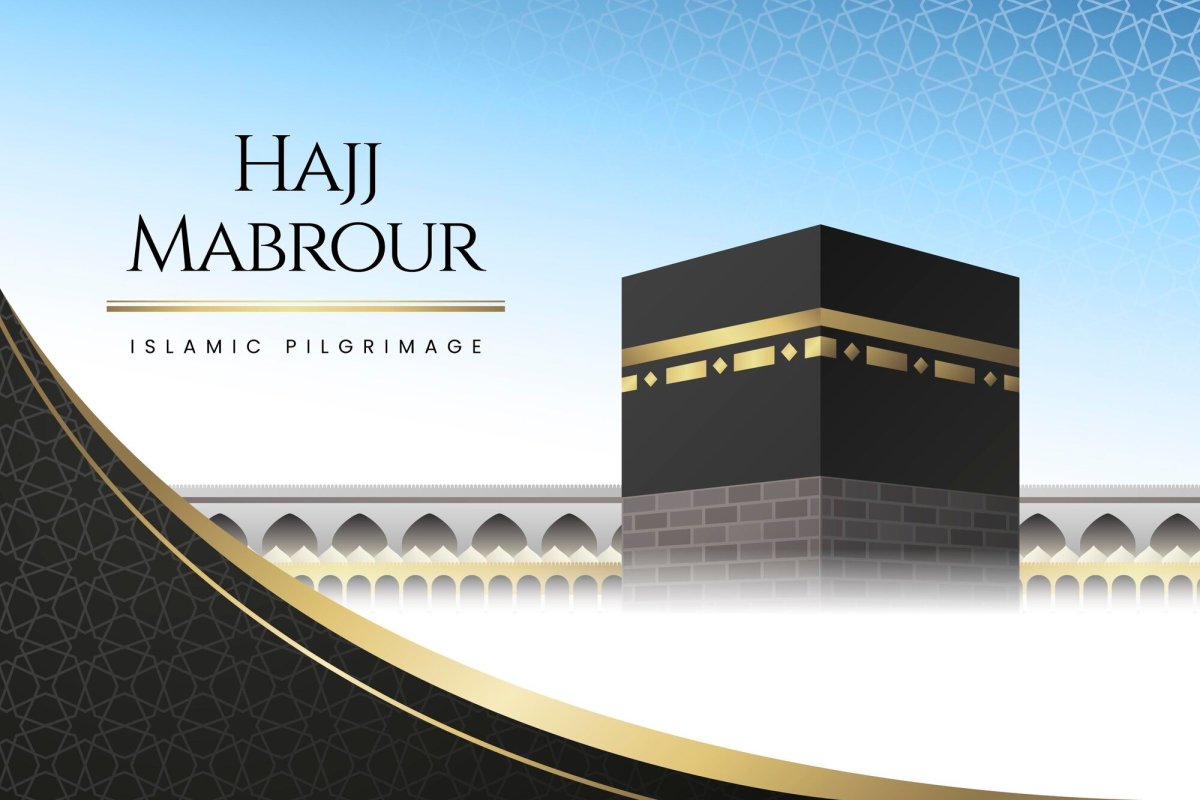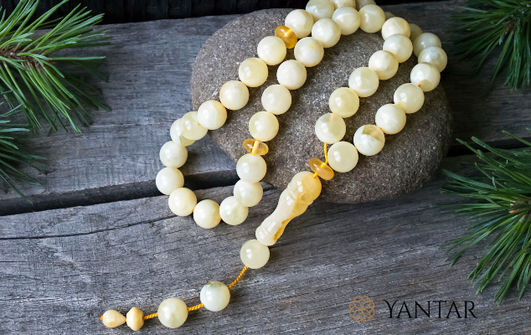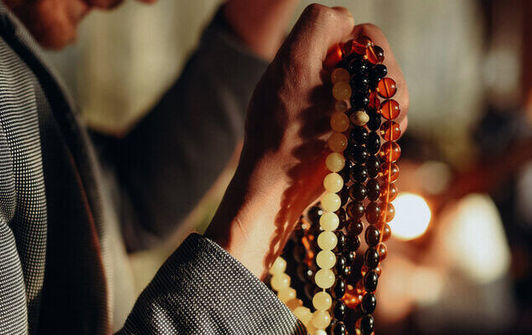
Hajj, the annual pilgrimage to the holy city of Mecca, stands as one of the Five Pillars of Islam. It is a profound act of worship that unites Muslims from around the globe in a demonstration of faith, unity, and devotion to Allah. This article explores the historical background, religious significance, and key rituals of Hajj, highlighting its essential role in Islamic practice.
The Significance of Hajj
Pillar of Islam
Hajj is one of the five pillars of Islam, which are the core acts of worship and the foundation of a Muslim's faith and practice. The Five Pillars include Shahada (faith), Salah (prayer), Zakat (charity), Sawm (fasting during Ramadan), and Hajj (pilgrimage to Mecca).
Obligation and Timing
Hajj is obligatory for all Muslims who are physically and financially capable of undertaking the journey at least once in their lifetime. The pilgrimage occurs during the Islamic month of Dhu al-Hijjah, specifically from the 8th to the 12th. These dates are significant as they align with the events commemorated during Hajj.

Historical Context of Hajj
Origins and Prophetic Tradition
The rituals of Hajj trace their origins to the time of the Prophet Abraham (Ibrahim), his wife Hagar, and their son Ishmael (Ismail). According to Islamic tradition, Allah commanded Abraham to leave Hagar and Ishmael in the barren valley of Mecca. In search of water, Hagar ran between the hills of Safa and Marwah, a struggle commemorated in the Hajj ritual of Sa'i.
The Kaaba
The Kaaba, located in the Grand Mosque (Masjid al-Haram) in Mecca, is the focal point of Hajj. It is believed to have been built by Abraham and Ishmael as a house of monotheistic worship. The Kaaba is the direction (Qibla) towards which Muslims pray worldwide.
The Rituals of Hajj
Hajj consists of several rituals performed over five days, each symbolizing acts of devotion, repentance, and unity. These rituals include:
1. Ihram
Pilgrims enter a state of spiritual purity known as Ihram before arriving in Mecca. Men wear two white, seamless cloths, while women wear simple, modest clothing. This attire symbolizes equality, humility, and unity among all pilgrims, regardless of social status or nationality.
2. Tawaf
Upon arrival in Mecca, pilgrims perform Tawaf, which involves circumambulating the Kaaba seven times in a counterclockwise direction. This act represents the unity of believers in the worship of the One God.
3. Sa'i
Pilgrims walk seven times between the hills of Safa and Marwah, reenacting Hagar's desperate search for water for her son Ishmael. This ritual symbolizes perseverance and trust in Allah's provision.

4. Standing at Arafat (Wuquf)
On the 9th of Dhu al-Hijjah, pilgrims gather at the plain of Arafat, where they stand in prayer, reflection, and supplication from noon until sunset. This is considered the pinnacle of Hajj, symbolizing the Day of Judgment and seeking Allah's forgiveness and mercy.
5. Muzdalifah
After sunset on the 9th of Dhu al-Hijjah, pilgrims travel to Muzdalifah, where they spend the night under the open sky. They collect pebbles for the ritual of Rami and engage in prayer and reflection.
6. Rami al-Jamarat
On the 10th of Dhu al-Hijjah, pilgrims perform the ritual of Rami al-Jamarat, where they throw pebbles at three pillars representing Satan. This act symbolizes the rejection of evil and temptation, commemorating Abraham's defiance of Satan.
7. Eid al-Adha and Animal Sacrifice
The 10th of Dhu al-Hijjah also marks Eid al-Adha, the Festival of Sacrifice. Pilgrims and Muslims worldwide commemorate Abraham's willingness to sacrifice his son Ishmael by sacrificing an animal (usually a sheep, goat, cow, or camel). The meat is distributed to the needy, symbolizing charity and community.
8. Tawaf al-Ifadah
After the animal sacrifice, pilgrims perform Tawaf al-Ifadah, another circumambulation of the Kaaba. This ritual signifies the renewal of the pilgrim's commitment to Allah and is a key part of completing Hajj.
9. Farewell Tawaf (Tawaf al-Wada)
Before leaving Mecca, pilgrims perform the Farewell Tawaf, which involves a final circumambulation of the Kaaba. This act symbolizes the pilgrim's farewell to the holy city and marks the completion of the Hajj pilgrimage.
Spiritual and Social Impact of Hajj
Spiritual Renewal
Hajj is a time for deep spiritual reflection, repentance, and renewal. Pilgrims seek forgiveness for their sins, strive to purify their hearts, and strengthen their relationship with Allah. The experience of Hajj often leaves a profound and lasting impact on a pilgrim's faith and practice. Many pilgrims carry Misbaha, or prayer beads, with them during this sacred journey. Among these, amber Misbaha holds special significance due to its natural properties that are believed to enhance spiritual practices. Amber, with its warm and calming energy, is thought to help in focusing the mind during prayer and meditation, making it a cherished tool for those seeking spiritual renewal.
Unity and Equality
Hajj brings together Muslims from diverse backgrounds, cultures, and nations, fostering a sense of global unity and brotherhood. The simple attire of Ihram emphasizes the equality of all believers before Allah, transcending social and economic differences.
Acts of Charity
Eid al-Adha and the associated animal sacrifice highlight the importance of charity and compassion in Islam. The distribution of meat to the needy ensures that the blessings of Hajj are shared with those less fortunate.
Hajj, the pilgrimage to Mecca, is a cornerstone of Islamic practice and a profound demonstration of faith, unity, and devotion. Through its rich historical traditions and sacred rituals, Hajj connects Muslims to their spiritual heritage and reinforces the core values of Islam. For those who undertake this sacred journey, Hajj is not only a fulfillment of religious duty but also a transformative experience that shapes their lives and deepens their relationship with Allah.




 Jewelry
Jewelry Silver amber jewelry
Silver amber jewelry Amber pictures
Amber pictures Souvenirs
Souvenirs